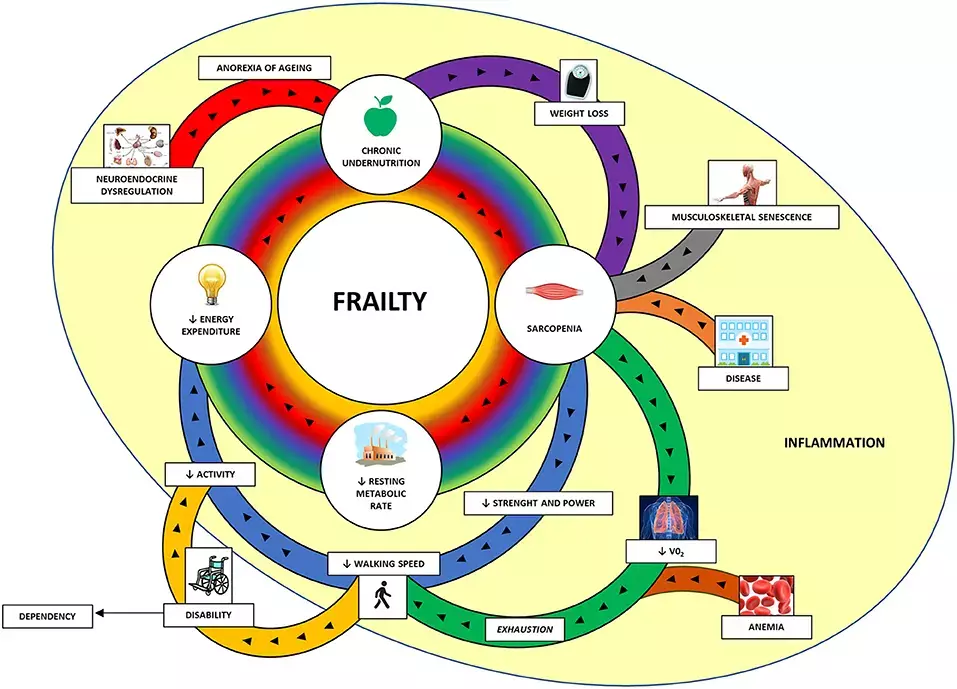- Home
- Medical news & Guidelines
- Anesthesiology
- Cardiology and CTVS
- Critical Care
- Dentistry
- Dermatology
- Diabetes and Endocrinology
- ENT
- Gastroenterology
- Medicine
- Nephrology
- Neurology
- Obstretics-Gynaecology
- Oncology
- Ophthalmology
- Orthopaedics
- Pediatrics-Neonatology
- Psychiatry
- Pulmonology
- Radiology
- Surgery
- Urology
- Laboratory Medicine
- Diet
- Nursing
- Paramedical
- Physiotherapy
- Health news
- Fact Check
- Bone Health Fact Check
- Brain Health Fact Check
- Cancer Related Fact Check
- Child Care Fact Check
- Dental and oral health fact check
- Diabetes and metabolic health fact check
- Diet and Nutrition Fact Check
- Eye and ENT Care Fact Check
- Fitness fact check
- Gut health fact check
- Heart health fact check
- Kidney health fact check
- Medical education fact check
- Men's health fact check
- Respiratory fact check
- Skin and hair care fact check
- Vaccine and Immunization fact check
- Women's health fact check
- AYUSH
- State News
- Andaman and Nicobar Islands
- Andhra Pradesh
- Arunachal Pradesh
- Assam
- Bihar
- Chandigarh
- Chattisgarh
- Dadra and Nagar Haveli
- Daman and Diu
- Delhi
- Goa
- Gujarat
- Haryana
- Himachal Pradesh
- Jammu & Kashmir
- Jharkhand
- Karnataka
- Kerala
- Ladakh
- Lakshadweep
- Madhya Pradesh
- Maharashtra
- Manipur
- Meghalaya
- Mizoram
- Nagaland
- Odisha
- Puducherry
- Punjab
- Rajasthan
- Sikkim
- Tamil Nadu
- Telangana
- Tripura
- Uttar Pradesh
- Uttrakhand
- West Bengal
- Medical Education
- Industry
Frailty associated with worse cognitive function regardless of CKD status: Study

Frailty associated with worse cognitive function regardless of CKD status suggests a study published in the BMC Nephrology.
Though older adults with chronic kidney disease (CKD) have a greater mortality risk than those without CKD, traditional risk factors poorly predict mortality in this population. Therefore, we tested our hypothesis that two common geriatric risk factors, frailty and cognitive impairment, and their co-occurrence, might improve mortality risk prediction in CKD. Among participants aged ≥ 60 years from National Health and Nutrition Examination Survey (2011–2014), we quantified associations between frailty (physical frailty phenotype) and global/domain-specific cognitive function (immediate-recall [CERAD-WL], delayed-recall [CERAD-DL], verbal fluency [AF], executive function/processing speed [DSST], and global [standardized-average of 4 domain-specific tests]) using linear regression, and tested whether associations differed by CKD using a Wald test. We then tested whether frailty, global cognitive impairment (1.5SD below the mean), or their combination improved prediction of mortality (Cox models, c-statistics) compared to base models (likelihood-ratios) among those with and without CKD.
Results: Among 3,211 participants, 1.4% were cognitively impaired, and 10.0% were frail; frailty and cognitive impairment co-occurrence was greater among those with CKD versus those without (1.2%vs.0.1%). Frailty was associated with worse global cognitive function (Cohen’s d = -0.26SD,95%CI -0.36,-0.17), and worse cognitive function across all domains; these associations did not differ by CKD (pinteractions > 0.05). Mortality risk prediction improved only among those with CKD when accounting for frailty (p[likelihood ratio test] < 0.001) but not cognitive impairment. Frailty is associated with worse cognitive function regardless of CKD status. While CKD and frailty improved mortality prediction, cognitive impairment did not. Risk prediction tools should incorporate frailty to improve mortality prediction among those with CKD
Reference:
Hong, J., Chu, N.M., Cockey, S.G. et al. Frailty, but not cognitive impairment, improves mortality risk prediction among those with chronic kidney disease—a nationally representative study. BMC Nephrol 25, 177 (2024). https://doi.org/10.1186/s12882-024-03613-y
Dr Kartikeya Kohli is an Internal Medicine Consultant at Sitaram Bhartia Hospital in Delhi with super speciality training in Nephrology. He has worked with various eminent hospitals like Indraprastha Apollo Hospital, Sir Gangaram Hospital. He holds an MBBS from Kasturba Medical College Manipal, DNB Internal Medicine, Post Graduate Diploma in Clinical Research and Business Development, Fellow DNB Nephrology, MRCP and ECFMG Certification. He has been closely associated with India Medical Association South Delhi Branch and Delhi Medical Association and has been organising continuing medical education programs on their behalf from time to time. Further he has been contributing medical articles for their newsletters as well. He is also associated with electronic media and TV for conduction and presentation of health programs. He has been associated with Medical Dialogues for last 3 years and contributing articles on regular basis.


